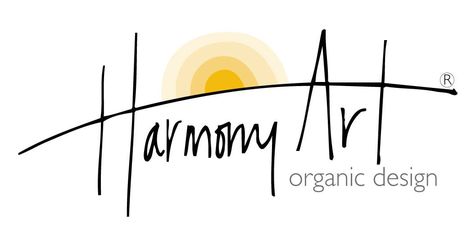100% Organic Cotton Fabrics
For home sewers, businesses, retailers, and anyone who gives a scrap!
|
I have started to take a close look at my wardrobe. Just where are my clothes made? Here's one day's tags: My underwear was made in Canada, but the tag was unreadable. My shoes had no country indicated, at least not that I could find. And my socks . . . I have no idea.
According to the US Department of Labor, in 1996, the American textile industry employed 624,000 people. In 2013 that number had fallen to 120,000. It is quite staggering that as almost everything in my lifetime has increased in cost (healthcare, college tuition, ice cream, rent, apples, gasoline, etc., etc.), clothing seems to be a glaring exception. By now I think most of us realize it is mass production and cheap overseas labor that has led to the concept of disposable and fast fashion. Most of us have overstuffed closets and have bragged about the "deal" we got on some new item of clothing. Simultaneously, we also complain about outsourcing and manufacturing jobs disappearing in our own country. There is a paradox here that I am still grappling with. Is Cheap a good thing? A bad thing? The enemy? Are we willing to give up our ever changing wardrobe in exchange for fewer US made items? Is this a global economy and to fight this inertia towards cheap clothes just a losing battle? Is this the golden age of cheap? Will the effects on people and planet eventually catch up with us? I have many conflicting thoughts on this subject and over a decade of experience attempting to produce organic cotton fabrics in the USA. I haven't "solved" anything, but this year I am trying at least to pay better attention. To look at my labels when I put on the items. To thank the cotton growers, the spinners, ginners, cutters, sewers, designers, wholesalers, retailers, and more whose labor literally clothes me no matter what country they are in - to pause and say thank you. Here are a couple of interesting posts that touch on this touchy subject: https://www.elephantjournal.com/2014/02/why-does-american-made-clothing-cost-more/ and https://www.elephantjournal.com/2013/12/3-simple-ways-to-inspire-mindful-consumption/ Are you willing to take a close look at where you wear? If so, please list the "made in" locations of the items you have on today in the comment section below. This isn't about judgement or scolding. Just an exploration into something we all have in common. To start a dialog perhaps or maybe just a place for me to process the noise in my head. Thank you for reading this.
3 Comments
Mary Sue
3/27/2017 05:59:20 pm
3 things made in the USA, one from El Salvador, one from Dominican Republic, one from China, one without a tag, and who knows about my shoes and insert for my shoes. Two of the made in the USA were from REI.
Reply
Cara
3/28/2017 10:55:31 am
Shoes and scarf made in China. I'm at the office right now, so getting naked to find out the others is not an option. I have mixed feelings about clothing manufacturing as well. I don't care as much about it being cheap as I do about the workers being paid a fair wage, whether they're American or international. I don't want workers in other parts of the world to lose their jobs any more than I want Americans to lose their jobs, but I KNOW international workers are being paid pennies on the dollar to line some rich guys pockets. That's what makes me mad about the textile industry. Well . . . and pretty much any other industry.
Reply
Marie
3/28/2017 02:09:32 pm
Mauritius (old Eddie Bauer top), El Salvador (my Dad's old sweat pants), Germany (my Haflinger wool clogs), and USA (my Darn Tough Vermont socks). The underwear are so old that the tag is gone. My solution is to wear things until they fall apart which means I have very little that less than 10 years old and much is at least 20 years old. But for new clothes, I'm very conscious of buying local, made in the USA, and as much as organic as possible. I also sew my own clothes. I'm proud of the fact that my 19 year old daughter is very conscious of where her clothes come from and won't buy anything made in sweatshops. We tend to shop in consignment or thrift stores, so at least we're recycling.
Reply
Your comment will be posted after it is approved.
Leave a Reply. |
www.HarmonyArt.com
Harmony Susalla
Founder of Harmony Art organic design. Archives
June 2022
Categories
All
|
